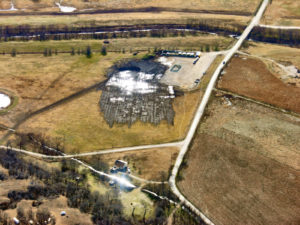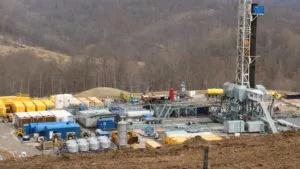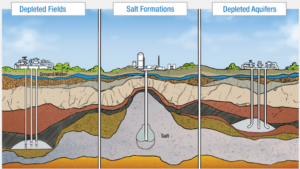States are responsible for overseeing the oil and gas industry. They have the ability to adopt and enforce regulations and policies that would help reduce the pollution that results from inadequate and inappropriate waste management:
Apply state hazardous waste policies to E&P wastes. This would ensure that oil and gas operators follow the same rules as other industries; if the wastes they create meet the definition of hazardous, they should be managed as such.
Implement “cradle-to-grave” waste tracking and reporting systems that are comprehensive, consistent, binding, and verifiable. These should include information on the origin, destination, transport, volumes, types, and disposal method of wastes. The data should be accessible to the public and any agency or facility managing waste or accepting it from other states.
Close gaps in state oil and gas laws. All states should have detailed regulations in place to minimize risks and ensure that operators are accountable for the impacts of the waste they produce. For example, waste should be stored and treated only in fully contained, “closed-loop” storage and treatment systems, not be buried or spread on land, and safely removed from well sites as part of restoration. “Beneficial use” laws, which enable the road-spreading of wastewater and the creation of new materials from drill cuttings, shouldn’t be applied to oil and gas waste.
Require treatment and disposal of wastes at specialized facilities designed and equipped to remove chemicals, radioactive elements, total dissolved solids, metals, and other contaminants. Municipal landfills and wastewater treatment plants should be prohibited from accepting oil and gas field wastes.
Require operators to conduct comprehensive chemical testing of wastes before they leave the well site. Receiving facilities should test wastes that are diluted, downblended, solidified, or bulked with other materials, prior to disposal. Testing should include chemicals, radioactivity, and other contaminants. All data should be submitted to regulatory agencies, provided to waste transporters and disposal facilities, and made available to the public.
Regularly monitor groundwater, surface waters, soil, leachate, and effluent from and near waste treatment and disposal facilities, in order to detect and address both short- and long-term contamination problems.
Strengthen standards for current and future underground injection control well facilities that accept oil and gas wastes, such as chemical testing; injection rate and pressure monitoring; mapping and analysis of faults and seismic risk; and leak detection systems.




